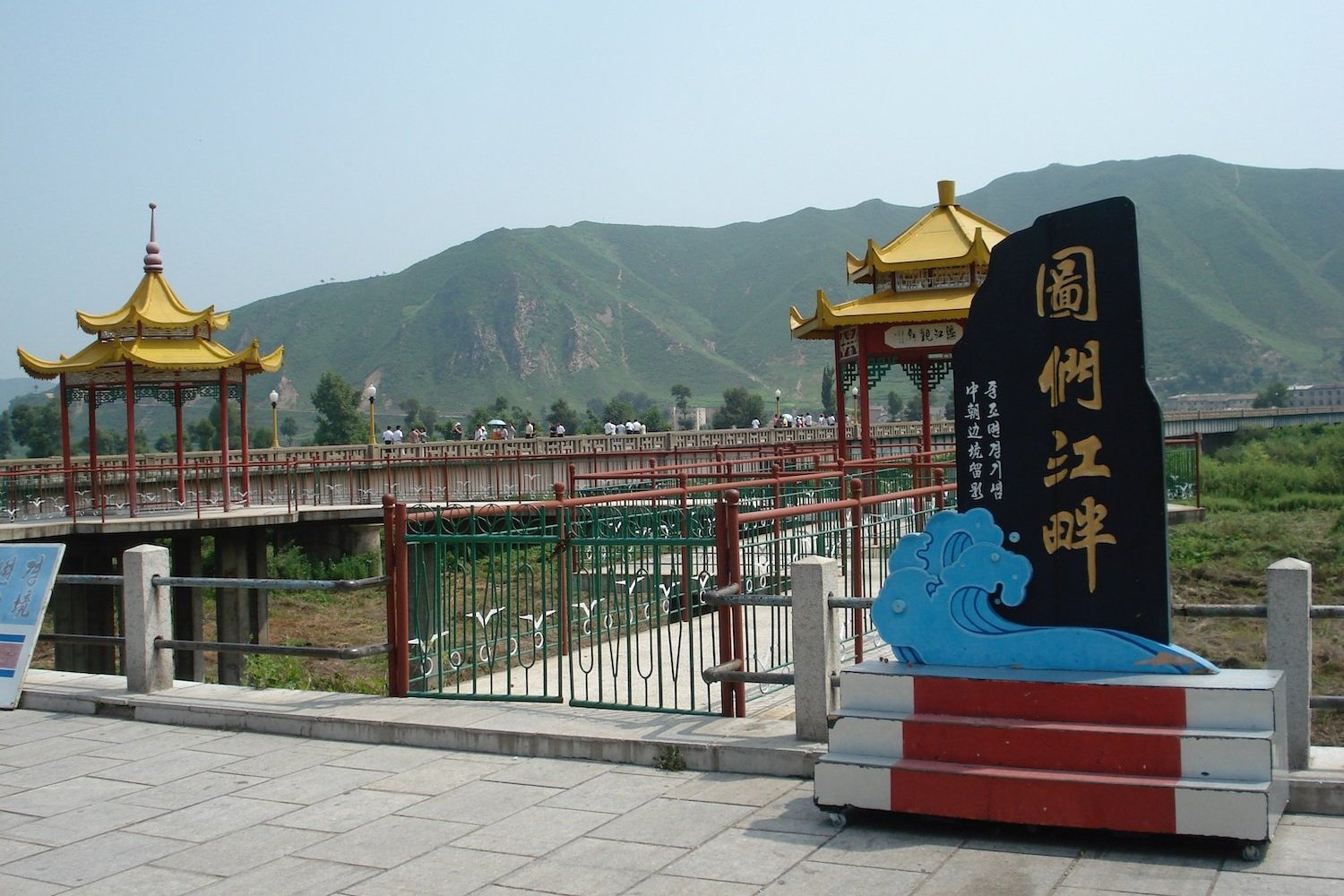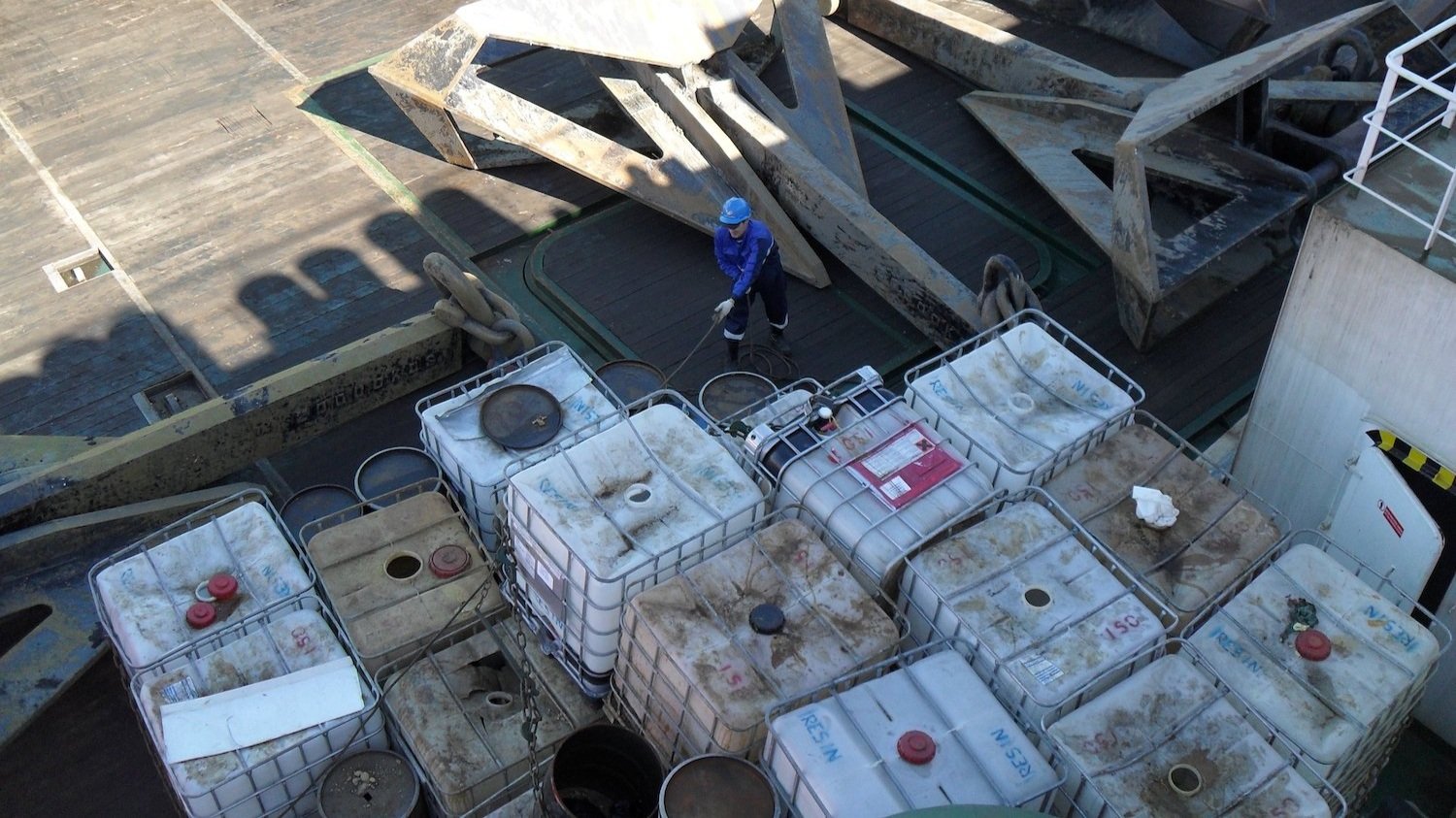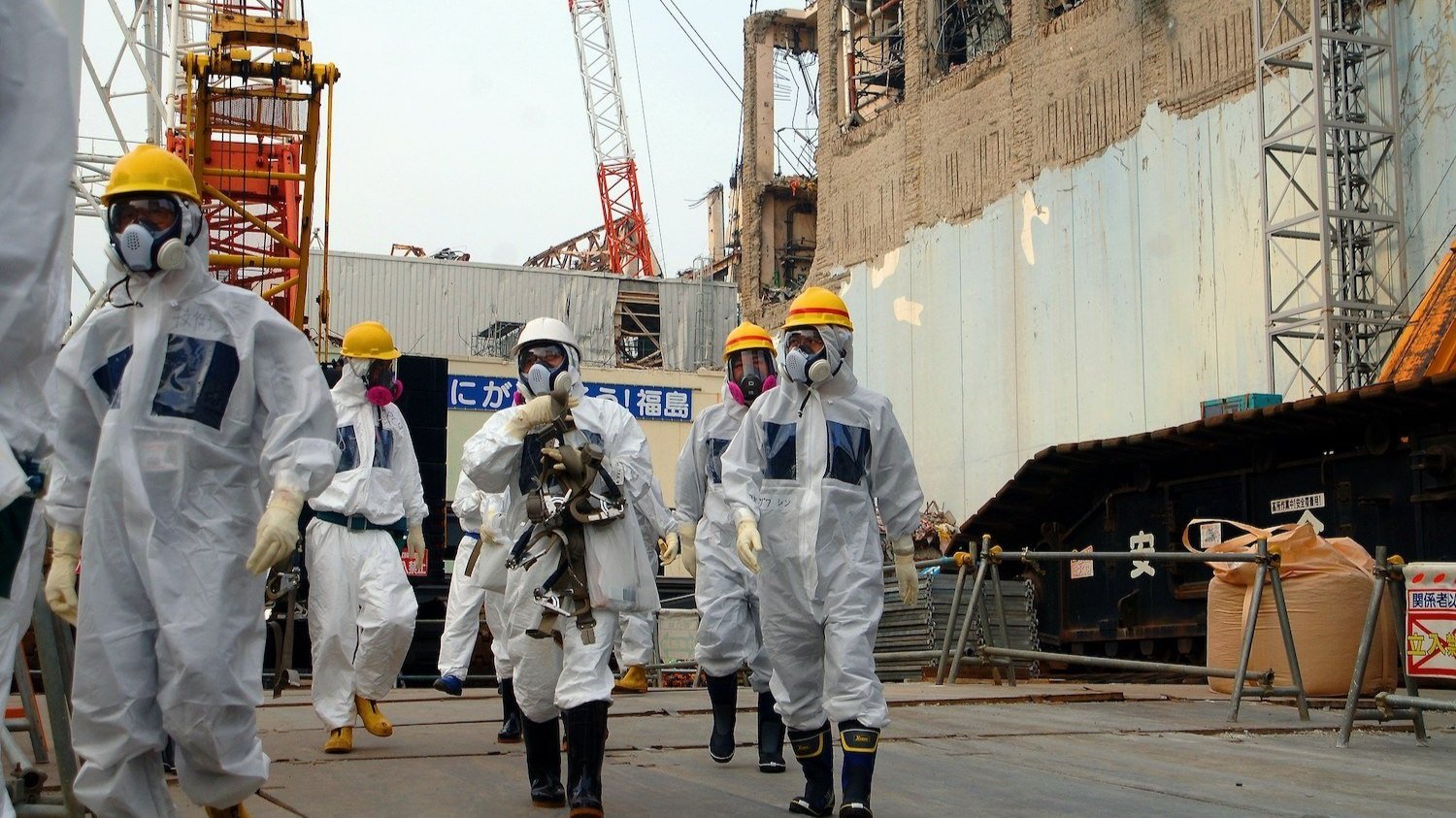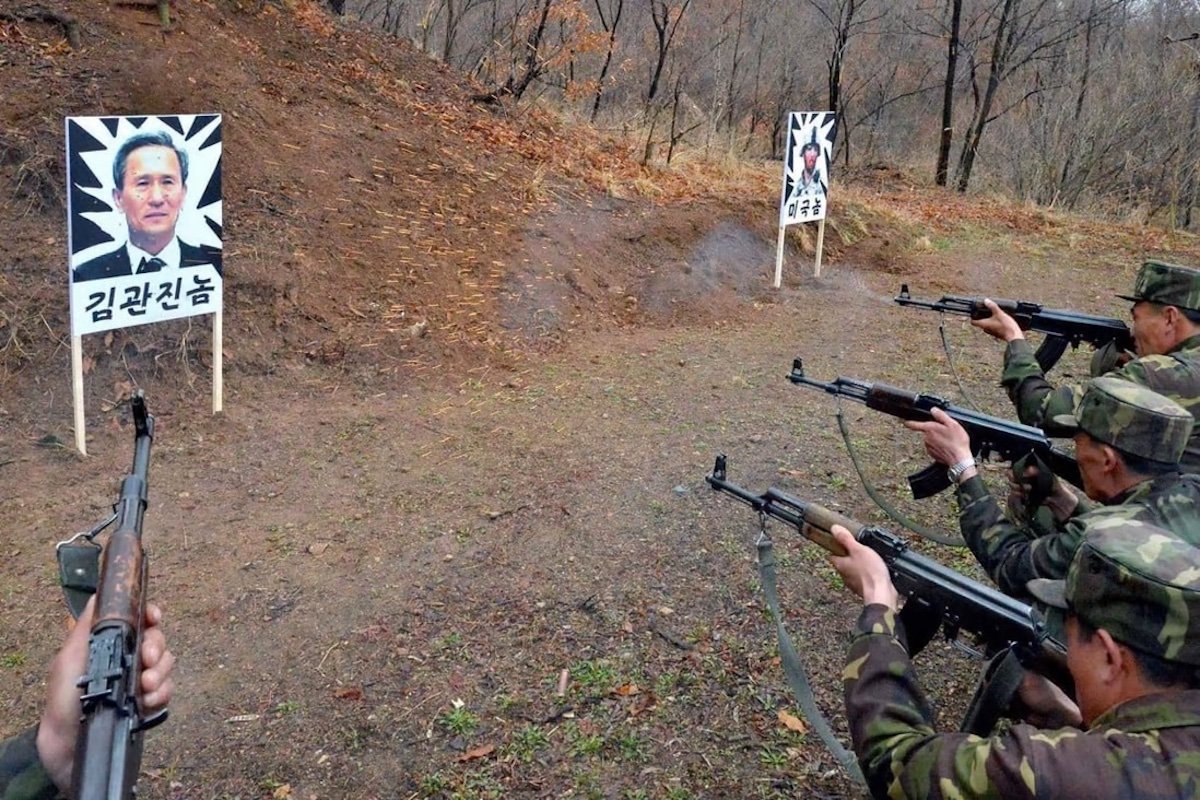Julianne (center) at Elim House.
Julianne was urgently admitted into Elim House this past July after learning that her husband had committed suicide. She was 41 years old and had been married for about a year.
She came from an affluent family in North Korea. Her father was a high ranking executive and her mother traveled frequently to China for business. Julianne had traveled alone to China during the 2022 Beijing Olympics but due to tightening of Chinese borders, she was unable to return home. Having enough money to get herself to Thailand, she was able to defect to South Korea by way of Bangkok. This defection was both unplanned and unexpected, and it still makes her miss her family and home in North Korea. Julianne’s face lights up and her voice gets excited when she speaks of her home.
Once in Korea, she fell victim to financial fraud, was betrayed by several different men, and experienced much hardship. Julianne was with her husband for three years before they married, which was against the wishes of her in-laws. Her husband had foreign business in Cambodia that had failed recently. After the business closed, they didn't leave their house much over the course of a year, which was extremely trying. She needed to get out and wanted to be alone so she took a solo trip for ten days. Julianne said she intentionally ignored her husband’s calls while on this trip. Her husband was known to be anxious, often thinking she might abandon him and run away. He also became violent when Julianne broached the subject of breaking up. It was during her time away that her husband took his own life. She said they had lived through and endured much hardship together but she never suspected it would end this way.
Julianne believed that if she had returned earlier, her husband would not have died. She says that her husband's death was her fault and that she didn’t think she could go on living with the agony he left her by ending his own life. To make matters worse, her in-laws refused to let her be a part of the funeral because they had always been against their marriage.
We learned that Julianne had regularly listened to sermons and worship music with her husband as he came from a Christian family. Julianne joined our regular Sunday worship services at Elim House during her time with us. Upon arriving at Elim House, Julianne suffered with insomnia, chest pains, lack of energy, no appetite and constantly feeling lethargic. The other women living at Elim House when Julianne arrived cooked for her, spent time hearing her story and encouraged her. Within a couple of weeks, she had found enough stability and strength to go inquire with government agencies about getting emergency financial assistance and even began to look for how she might support herself.
Women like Julianne serve as a reminder that Jesus is our only refuge in times of trouble. We are so thankful for the folks who referred Julianne to Elim House during her turmoil. She was able to find respite and community during her stay with us. Julianne moved out just three short weeks after arriving. Her time with us was brief but we continually pray that the seeds of hope planted in her will be watered by others and that she will one day find her rest in Jesus.
Would you consider partnering with us this Giving Tuesday to help more North Korean refugees who struggle to find help and hope?


















































